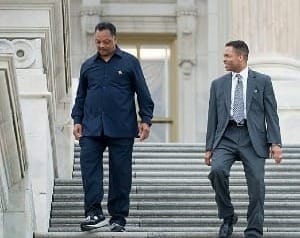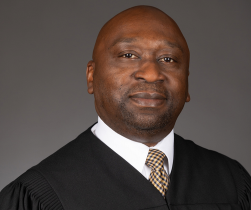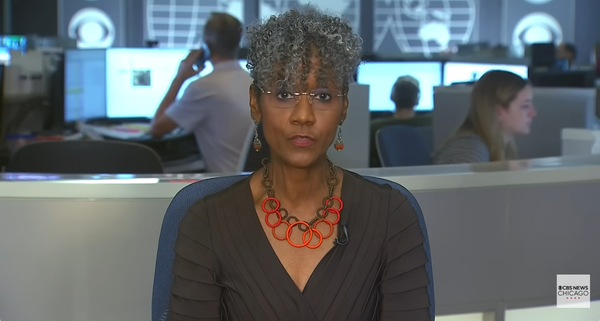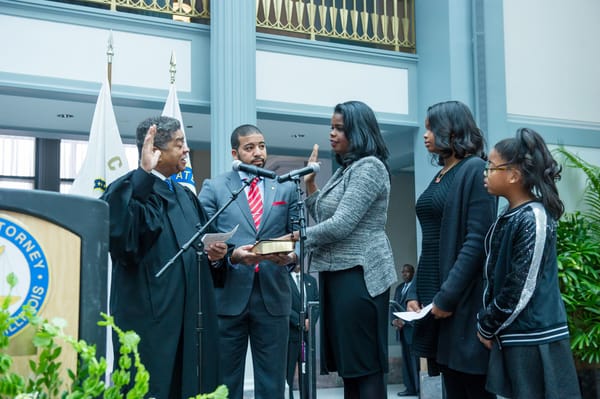"Vote with us," Central Park Five ask DNC delegates
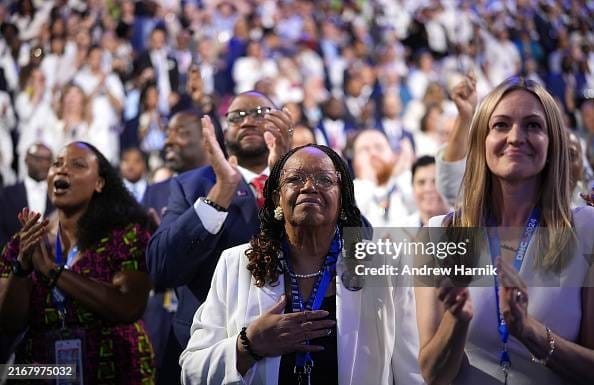
Delegates were visibly moved on night four of the Democratic National Convention when Korey Wise along with three men who were wrongfully convicted as teenagers in New York City in 1990 took to the stage to speak about their experiences of serving time for a crime that they didn't commit.
"Our youth was stolen from us," Korey Wise told the delegates as he stood with Yusef Salaam, Kevin Richardson, Raymond Santana and Rev. Al Sharpton before the DNC delegates.
"We were innocent kids, but we served a total of 41 years in prison."
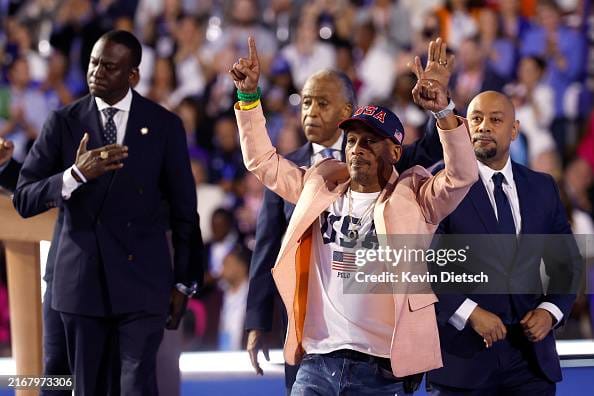
The men reminded delegates that Donald Trump, the Republican nominee for the 2024 presidential election, who in 1989 took out a full-page ad in the New York Times calling for the death penalty in their cases, in 2019 maintained his support for their convictions.
"Today we are exonerated because the actual perpetrator confessed and DNA proved it," Salaam, now a New York City councilman representing Harlem, said.
The men called on the delegates to support the Harris/Walz ticket.
On Election Day, "we will say what I said after seven long years of wrongful incarceration, 'free at last, free at last, thank God Almighty, we are free at last,'" Salaam said.
Thanking Sharpton for his support, Wise said "Vice President Harris has also worked to make things fairer."
Formerly serving as the district attorney in San Francisco, Calif., Harris has written about her philosophy on crime and punishment in The Truths We Hold (2019) and Smart on Crime: a Career Prosecutor’s Plan to Make Us Safer (2009).
New York City prosecutors in 1989 tried Wise and the four other boys, who were between the ages of 14 and 16, as adults for the rape and assault of a 28-year-old white investment banker who was attacked while jogging in Central Park.
Despite inconsistent and inaccurate confessions, DNA evidence that excluded them, along with a lack of eyewitness accounts that connected the teens to the victim, they ultimately were convicted, serving between seven and 13 years before scientific evidence as well as a confession led to reversal of their convictions in 2002.
In the years since their convictions, Linda Fairstein, then chief of the Manhattan district attorney’s sex crimes unit, has been criticized for her role in securing false confessions from the teens.
Following the release of the 2019 Netflix documentary, When They See Us, Fairstein who had become a writer of mystery books based upon a fictional Manhattan prosecutor and defended the "Central Park Five" investigation, was dropped from her publisher and was asked to resign from several non-profit boards.
In 2018 Trump signed into law The First Step Act, a major criminal justice reform effort in development prior to his administration that has aimed to decrease the federal prison population by making changes to policy that allows judges to impose sentence enhancements and shorten mandatory minimum sentences for people convicted of nonviolent offenses.
Kevin Richardson, Yusef Salaam, Korey Wise and Raymond Santana stand with Rev. Al Sharpton on the final night of the Democratic National Convention. (PBS NewsHour)
The men spoke on the fourth night of the Democratic National Convention at the United Center in Chicago Illinois, just three miles north of the George N. Leighton Criminal Courts Building, the main courthouse and site of the Cook County Department of Corrections, the largest single-site jail in the country where 4,875 pre-trial detainees now are housed as prosecutors develop cases against them.
This courthouse has been the site of a dozen or more announcements in recent years of exonerations for wrongful convictions in Illinois due to police or prosecutorial misconduct.
